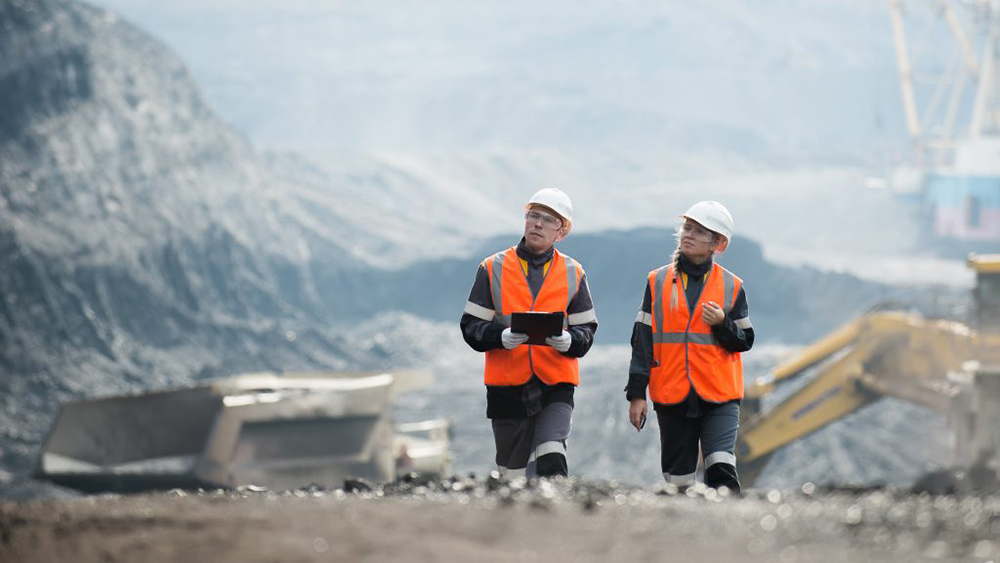- An Alliance For Community Action
- (970) 256-7650
- info@WesternColoradoAlliance.org
Good News in the Coalfields: Reclamation Jobs a step closer to reality
This summer, as fossil fuel markets around the globe crashed and left many a rural economy on shaky ground, work was a afoot in the Halls of Congress and across Colorado to ensure coalfield communities have a path to a healthy, just and self-reliant future.
First, the great news that after a decade of community organizing from coalfield communities from Western Colorado to Appalachia, the RECLAIM Act passed out of the U.S. House as part of a massive infrastructure bill. The RECLAIM Act is a bipartisan bill that would reinvest money from the Abandoned Mine Lands fund (which already exists) into rural economies dealing with coal mines and plant closures to keep people employed reclaiming and restoring the land disturbed by mining. Colorado alone could see up to $45 million re-invested in our state to keep skilled miners on the job and boost local economic development efforts.
Although it is very unlikely that the Senate will pick up the infrastructure bill (H.R. 2) in its entirety, due to RECLAIM’s long track record of bipartisan support, we are hopeful the Senate will pick up RECLAIM as part of its own package. Our Alliance is currently working to garner the support of both Senators Michael Bennet and Cory Gardner to support RECLAIM and help it cross the finish line, to bring much needed aid to coalfield communities.
WORC Release Reclamation Jobs Report
On the heels of the RECLAIM Act passing the house, the Western Organization of Resource Councils released a long awaited study to understand the actual economic impact of reclamation jobs across the West. The report, Coal Mine Cleanup Works, estimates potential reclamation job creation for four Western coal states (Colorado, Montana, North Dakota, and Wyoming) and provides recommendations for decision makers to ensure cleanup is fully funded and employs the local workforce.
These findings offer a rare bright light of opportunity for coal communities that are facing massive lay-offs and lost revenue as the coal industry crumbles. Reclamation is one of the few immediately available job opportunities for local workers after a mine shuts down, and the report finds that these jobs are ideally suited for current or former miners.
“Reclamation jobs were really important for me and my community after the New Horizon Mine shut down,” said Roger Carver, a retired coal miner and former president of UMW Local Union 1281, and member of the Western Colorado Alliance. “We at the union had to fight for these jobs because we knew workers were in limbo and didn’t know when the next paycheck was going to be. Plus, it felt good to be part of the cleanup and to repair the land that is part of my home.”
Coal Mine Cleanup Works points out that reclamation jobs cannot replace all the jobs and revenue coal mines provide, but that it is one piece of a forward-looking approach to adapt to a changing energy economy. You can read the full report on WORC’s website.
The release of this report coincides with the release of the Colorado Just Transition Office’s own draft reports and policy recommendations on how to support transition coalfield communities. The Just Transition Office is the first attempt of its kind in the country and is a combined effort of the Department of Labor and Employment and the Department of Local Affairs.
Formed from ground-breaking legislation passed in 2019, the Just Transition Office spent the first three months of 2020 traveling to coalfield
communities and listening to the stories of impacted people.
Alliance members and staff participated in these listening sessions from Nucla to Craig and we are eager to see the draft reports, which will serve as policy recommendations to the General Assembly and to the Governor for action in 2021.
The work we are doing in Colorado matches the work being done by coalfield communities across the country as we seek to rebuild our rural economies. This summer, our Alliance also endorsed the National Economic Transition Platform. The platform is a policy guidance document crafted by community leaders from Navajo Nation to Appalachia to the Powder River Basin and gives us all a framework for a comprehensive national transition program that will create vibrant, resilient, and inclusive communities. To read the platform visit:
https://national
economictransition.org/
Emily stepped up as our staff director in 2017, but originally joined our team as a community organizer in 2013. Born and raised on the Western Slope, Emily graduated from Colorado State University and then had the privilege of learning from and working alongside organizers in Central and South America as well as Appalachian coal country. They returned to their home state to protect the land they love and work with fellow Coloradans for a healthy, just and self-reliant future for our rural communities. Emily enjoys organizing, exploring the Colorado Plateau, country music and punk concerts with equal passion.


